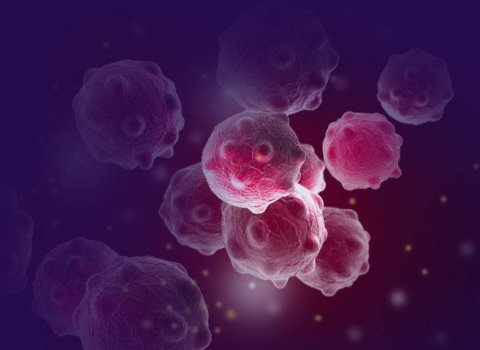According to the Irish Cancer Society, breast cancer affects more than 3,000 women and around 25 men each year in Ireland. Identifying specific risk factors could play a key role in prevention and early detection.
Led by the University of Cambridge and funded by Horizon 2020, the BRIDGES (Breast Cancer Risk after Diagnostic Gene Sequencing) study set out to identify women at high risk of breast cancer and to develop sensitive and informative gene panel testing for the prediction of breast cancer risk.
The results, published in the New England Journal of Medicine, have identified that there are nine specific genes associated with breast cancer risk.
While gene panel testing for breast cancer susceptibility is widely used, there is little evidence for cancer risk association with many genes.
The international study tested 34 potential risk genes from 60,466 breast cancer cases worldwide and 53,461 control patients who did not have breast cancer.
This data came from 44 international studies in the Breast Cancer Association Consortium, including the Breast Cancer in Galway Genetics Study (BIGGS) from a team of researchers based in the Lambe Institute at NUI Galway. BIGGS accounted for 1,000 cancer patient samples and 1,000 population-based controls recruited specifically from hospitals, and community and retirement groups in the west of Ireland.
Prof Michael Kerin is the chair of surgery at NUI Galway and research director of the National Breast Cancer Research Institute. He said the study can help to identify the members within families who have abnormal genes that put them at a higher risk of getting breast cancer.
“Having a set of bio-banked samples and the ability to closely follow up with these patients has enabled us to add value to international research studies and improve the knowledge base around breast cancer risk,” he said.
“The BRIDGES study has revealed that changes which were thought to be unimportant in the well-known breast cancer genes, BRCA1 and BRCA2 are significant, and this allows us to manage the risk of developing breast cancer in people affected by these gene alterations.”
Dr Nicola Miller, a lecturer in NUI Galway’s School of Medicine and contributing author on the study, said it highlights the importance of collaboration in breast cancer research.
“While we can’t change the genes we inherit, this knowledge will benefit patients undergoing genetic testing for breast cancer susceptibility. We gratefully acknowledge the ongoing support of the National Breast Cancer Research Institute for funding the Irish contribution of this study.”
Jenny Darmody
This article originally appeared on www.siliconrepublic.com and can be found at:
https://www.siliconrepublic.com/innovation/breast-cancer-genes-study
Ireland
